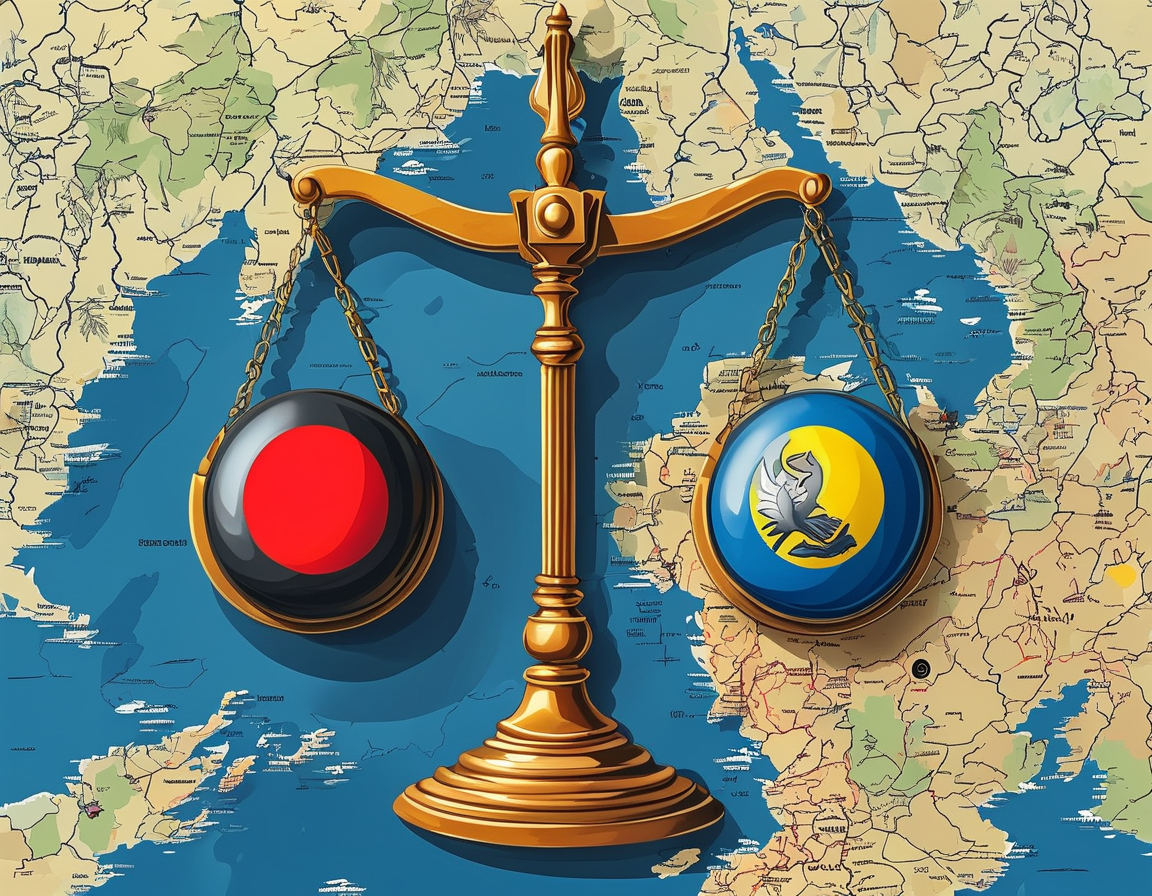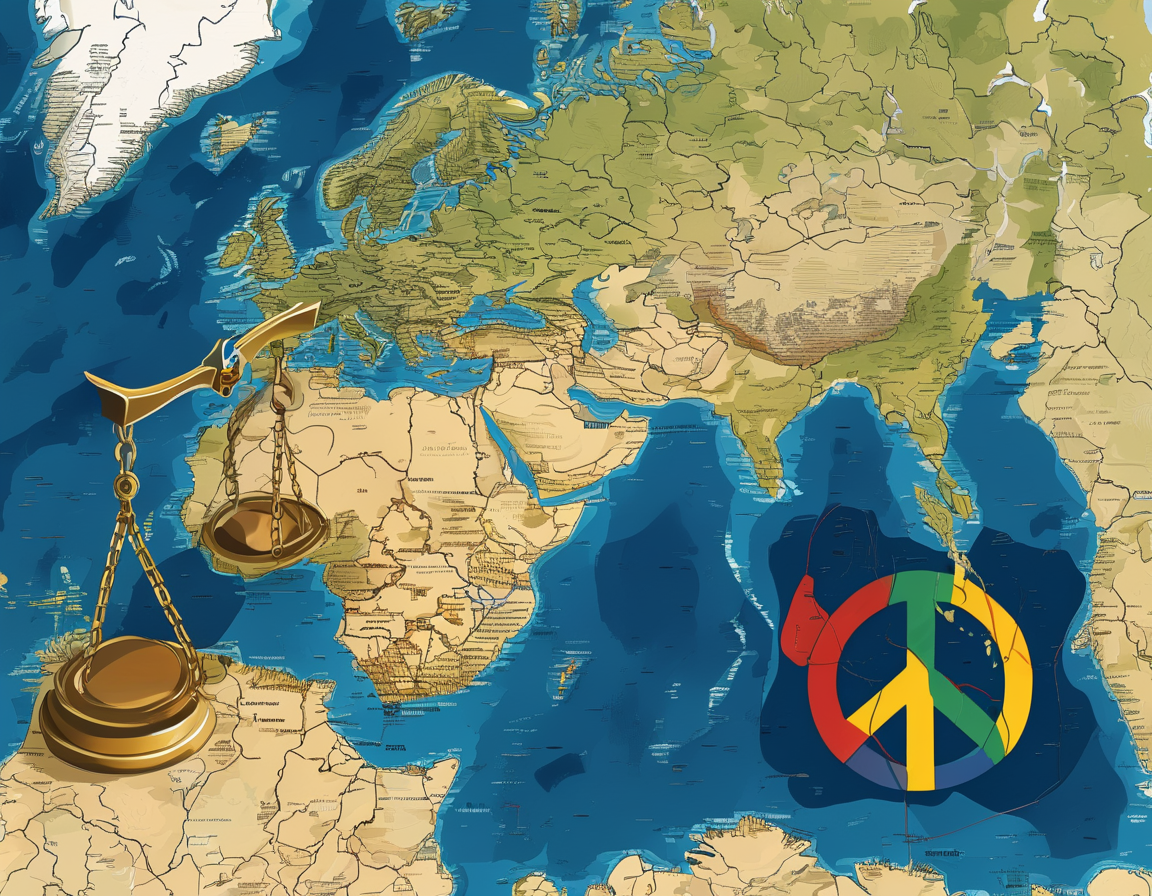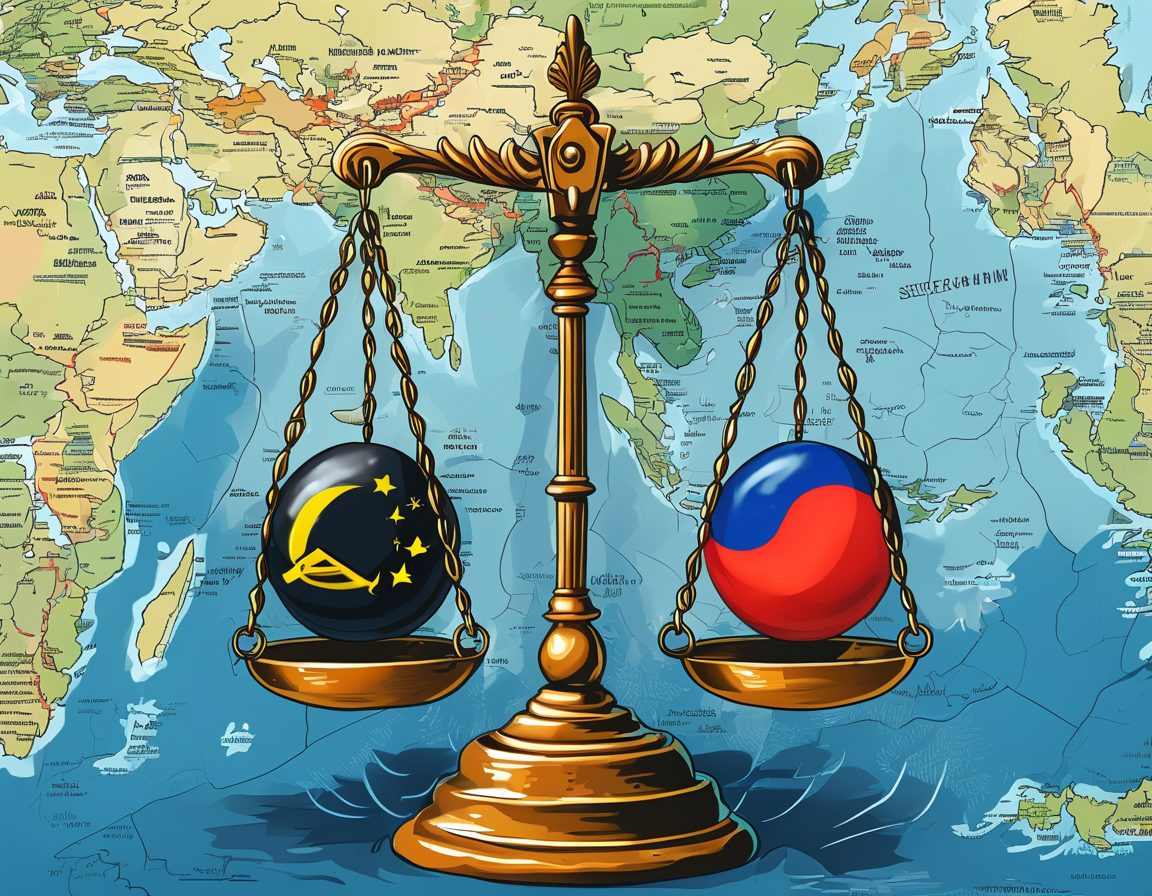The situation between Russia and Ukraine grows ever more complex. Tensions rise as Moscow makes demands that could change the game. But what does this really mean for peace and stability in the Black Sea region?
First, let’s dive into the background. Western nations have responded to Russia’s actions with sanctions. These sanctions target areas like energy and finance. They have hurt Russia’s economy deeply, limiting its ability to pursue military operations. So when Russia demands the lifting of these sanctions, it is not just about economics; it’s about political power.

Russia views sanctions as a stumbling block. They believe removing these sanctions could create a more inviting atmosphere for discussions. A precondition of lifting sanctions conveniently allows Russia to regain a negotiating strength that it feels has been diminished by external pressures.
The link between these sanctions and ceasefire negotiations cannot be ignored. In any negotiation, preconditions are common. They serve to protect interests and balance power dynamics. For Russia, demanding that sanctions be lifted before agreeing to a ceasefire at sea makes perfect sense—at least from their perspective. What could this mean for Ukraine’s position?
Russia clearly hopes for several advantages. By lifting these sanctions, they could restore their economy. This would allow them to invest in modern technology and infrastructure. With a stronger economy, Russia could assert itself more confidently in various discussions, reshaping the current political landscape.

The Black Sea plays a pivotal role in this strategy. It is a key military and trade region for both nations. An economy boosted by lifted sanctions means reestablished military strength and strategic control. A significant investment in military capacities could threaten Ukraine’s standing in the region. How will Kyiv respond?
The pressure on Ukraine intensifies. If Ukraine and its allies refuse to lift sanctions, it may stall the ceasefire. This stalemate could result in a prolonged conflict, escalating the costs for Ukraine. Russia’s strategy isn’t just about negotiations; it’s about exerting political force. Can this approach succeed?
However, this demand carries significant risks. Western nations will not take the lifting of sanctions lightly. They use sanctions as a means to influence Russia’s behavior on the global stage. If they perceive that lifting could heighten threats, tensions will surely rise. Where does that leave any hope for a peaceful resolution?

Another layer of complexity is monitoring and ensuring a ceasefire. Trust is critical in any agreement. If sanctions remain a point of contention, can both sides honestly ensure compliance? With vast maritime zones at play, effective oversight might be nearly impossible.
The impact on Ukraine cannot be overlooked. Ongoing sanctions, coupled with an unresolved conflict, cripple its potential for recovery. Could this stall Ukraine’s internal reforms? The social fabric might unravel further if daily challenges remain unaddressed.
Looking forward, several scenarios unfold. What if Western nations adopt a more flexible approach? This could potentially lead to thawed discussions. A gradual easing of sanctions may enhance Ukraine’s negotiating position and promote a ceasefire. Could this offer a sense of stability?
Yet, consider a more prolonged confrontation. If Western powers hold firm, Russia might dig in its heels. This could lead to an increasingly unstable Black Sea, increasing the chances of military confrontations. As trust fades, can negotiations even take place?
Alternatively, a middle-ground solution may emerge. What if international mediators could encourage dialogue? They might create a platform for direct discussions that gradually ease tensions. This could provide a nuanced approach towards a ceasefire agreement. Isn’t that a more hopeful scenario?
In conclusion, as Russia demands the lifting of sanctions, we see layers of complexity. Not only are economic and political elements intertwined, but these demands affect the very future of the region. Lifting sanctions could bolster Russia’s economy but might escalate tensions with Western allies. Without careful negotiations and groundwork, the prospects of peace may diminish.
Future directions hinge on a willingness to compromise. Greater flexibility in Western sanctions could pave the way for dialogue and a ceasefire. On the flip side, stagnation could lead to further conflict and instability.
In this ever-evolving situation, every step toward resolution holds potential and peril. Russia’s call for sanctions to be lifted is not simply about money but rather about reshaping power dynamics. How this plays out requires collaboration, oversight, and open communication. Building trust is essential to achieve lasting peace.
Ultimately, the need for a ceasefire is clear. If achieved, it may result in fewer casualties and increased economic stability. But the risks cannot be ignored. The way forward requires a careful, collective approach to restore balance in the Black Sea and the wider world.
Leave a Comment